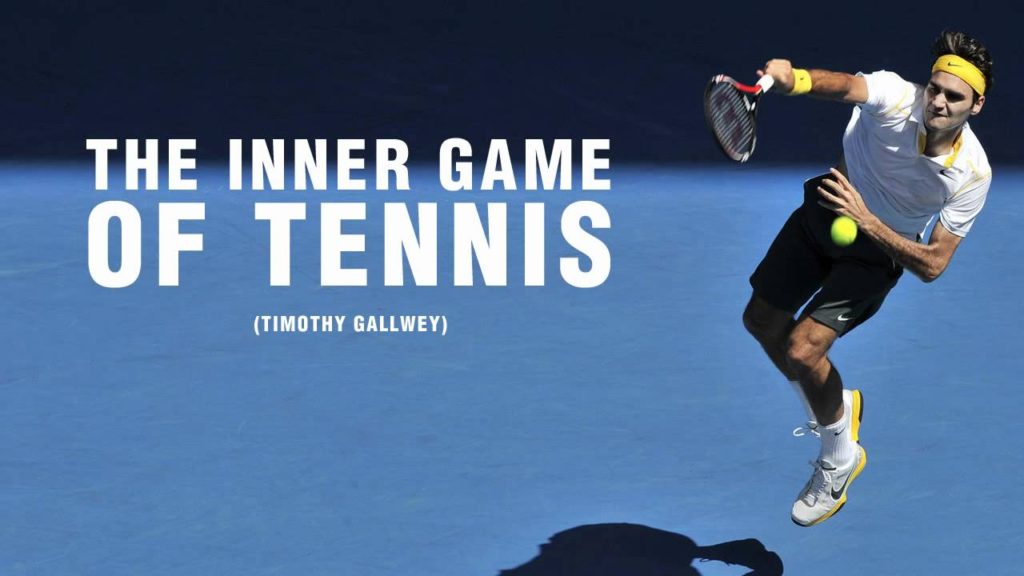
Friday
I’ve been riveted by this year’s U.S. Open, which is providing high drama that is unusual for the first week. Last night I was riveted by 15-year-old Coco Gauff’s nail-biting victory over Hungary’s Timea Babos, which followed Taylor Townsend upsetting Wimbledon-winner Simone Halep. The Rumanian usually manages to track down every shot, but Townsend threw off her rhythm by hitting out on every shot while charging the net over 100 times.
In other unexpected developments, both Roger Federer and Serena Williams played terrible first sets before righting their ship while bad boy Nick Kyrios somehow managed to behave himself while producing dazzling tennis.
To be sure, order may well be restored next week, with Djokovic-Nadal-Federer in the semi-finals and Williams in the finals. But right now, we are being treated to the unexpected. I therefore share this Dan Marks tennis poem, which shares some characteristics with the famous Irish blessing “May the wind be always at your back.”
As a player who is more enthusiastic than accomplished, I heartily endorse the poem’s good wishes.
A Blessing for the Tennis Player By Dan Marks May the net always be friendly. May your serve always be true. May your strokes always be quicker than the shots hit back to you. May your backhand be a weapon. May your forehand always spin. May all the shots you aim at lines always be called “in.” May your drop shots always cross the tape and never be left short. May your lobs always be out of reach but land within the court. May your legs always be moving. May your shoulder not get sore. May you play this game you love now and evermore.
For those looking for additional spiritual support for their tennis game, here’s a clever tennis version of the Lord’s Prayer, by Brian Bilston. It helps if you know your tennis history:
Our Federer, which art in Henman, Lew Hoad be thy name; Billie Jean Kingdom come; thy Wimbledon, in earth as it is in Henman. Give us this day our Perry, Fred. And forgive us our Samprasses, as we forgive them that Sampras against us. And Lloyd us not into tense tie-breaks; but Rod Laver us from Ivanisevic. For Billie Jean is the Kingdom, Evonne Goolagong and the Cawley, for Evert and Evert. Amen.
I especially enjoy this as Evonne Goolagong (later Cawley) was my favorite woman tennis player when I was young. I frustrated me that she was always getting beat by Chris Evert.
Added note: But enough doggerel. Joel Drucker at tennis.com chooses a worthier poem in today’s essay about the tortured soul of Nick Kyrgios. Drucker thinks that Kyrgios’s antics stem from the fact that his intense love for the game, so that he resembles Nastase, McEnroe, Becker, Safin, and the young Agassi. His seeming ambivalence stemming from fear of having his heart broken, he is the tennis equivalent of (wait for it!) T. S. Eliot’s J. Alfred Prufrock:
Parallel to psychology is poetry. As I watched Kyrgios this evening, I thought of the poem, The Love Song of J. Alfred Prufrock. It was written by T.S. Eliot, a poet often viewed as a titan, the verse equivalent of Kyrgios’ fellow Aussie Rod Laver or, the man Kyrgios reveres, Federer. Just imagine, for example, how Federer would treat a late-match challenge such as the one that so angered Kyrgios this evening; at best, a raised eyebrow.
Like Kyrgios, Prufrock occupies a world of ambivalence, his heart in sorrow of what his life has become:
The muttering retreats
Of restless nights in one-night cheap hotels
And sawdust restaurants with oyster-shells:
Streets that follow like a tedious argument
Might that be a way to describe Kyrgios’ interactions with chair umpires? Or could Eliot’s poem offer another avenue? Consider:
Would it have been worth while,
To have bitten off the matter with a smile,
To have squeezed the universe into a ball
Nastase—Kyrgios’ stylistic role model in all his eclectic brilliance—in time embodied these lines:
Full of high sentence, but a bit obtuse;
At times, indeed, almost ridiculous—
Almost, at times, the Fool.Here, though, a compassionate care for Kyrgios’ soul:
I have seen the moment of my greatness flicker,
And I have seen the eternal Footman hold my coat, and snicker,
And in short, I was afraid.
The mutter, the smile, the fool, the fear. Our session is over, Mr. Kyrgios.

